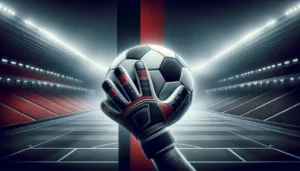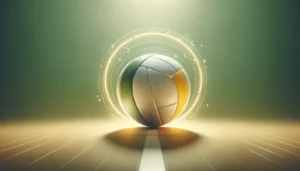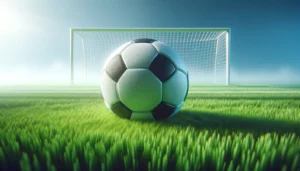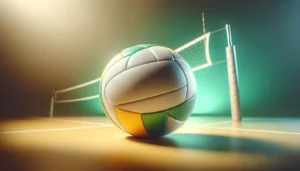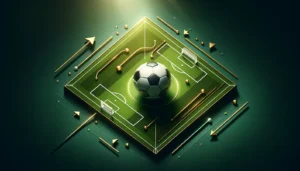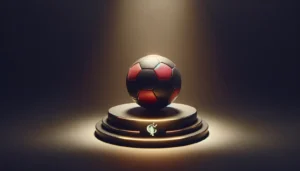I remember the scene perfectly: my grandmother sitting at the piano, playing melodies that filled the entire house with magic. For years, that dream of playing like her seemed unattainable.
Classes were expensive, schedules impossible, and the embarrassment of being a beginner adult paralyzed me. But something changed radically in recent years.
Technology broke down the barriers that separated millions of people from their musical dream. Today, with just a smartphone and a basic keyboard, anyone can begin their journey to becoming a pianist.
It is not science fiction or over-the-top marketing. It is the new reality of musical learning, and it is transforming lives every day.
Simply Piano: Learn Piano Fast
.4.6See also
- Learn Mechanics by Playing: The New Era of Learning
- Visual health in your pocket
- Fast Connection, No Calls
- Your Battery at 100%
- What is Your Power Animal?
The myth of innate talent that you need to forget
For decades they sold us a dangerous lie: either you are born with musical talent or you better not even try.
That belief has destroyed more dreams than anything else in the music world.
Modern neuroscience shows us a completely different truth. The adult brain has incredible plasticity. It can create new neural connections at any age. Learning piano is not a matter of talent. It is a matter of method, intelligent repetition and constant feedback.
Why adults learn differently:
Children absorb information intuitively. Adults need to understand the reason behind each concept. Modern apps were designed with this fundamental difference in mind.
Skoove, for example, doesn't just tell you to play these notes. It explains the musical logic behind each exercise. Connect theory with practice organically. Your adult brain appreciates that structure.
Simply Piano builds on prior knowledge. Use songs you already know as a starting point. Your existing musical memory becomes an advantage, not an obstacle.
Yousician understands that adults need to see rapid progress to stay motivated. That's why gamify every small achievement. That constant positive reinforcement keeps your brain hooked.
The truth about practice time that no one mentions
àneyou need to practice 10,000 hours to master something. arse
You've heard that phrase a thousand times. It is partially true and completely misleading.
Quality exceeds quantity:
Thirty minutes of focused practice with immediate feedback is worth more than three hours of mechanical repetition without direction.
Modern apps optimize every second of your practice. They detect errors instantly. They correct you before bad habits take hold. They adjust the difficulty according to your exact level.
A human teacher can do this, of course. But only during the hour you pay. Apps do it 24/7, every time you play.
The power of microscopic consistency:
Here's the secret that changes everything: it's better to practice 15 minutes a day than 3 hours on Sundays.
Your brain consolidates learning during sleep. Spaced repetition creates stronger muscle memory. Consistency always wins over sporadic intensity.
Skoove sends you personalized reminders. It's not annoying spam. It's the push you need when motivation falters.
Yousician limits your daily free practice time. It sounds frustrating, but it's brilliant reverse psychology. It leaves you wanting more. You come back the next day without thinking about it.
Simply Piano tracks your daily streak. Seeing those consecutive days pile up creates a psychological commitment. You don't want to break the chain.
Mistakes that ruin the progress of 90% of beginners
Mistake number one: skipping the basic technique
Everyone wants to play complex pieces right away. It's understandable but disastrous.
Correct hand posture is not optional. It is essential. Determine your future skill ceiling. Serious apps like Skoove devote entire lessons to this alone.
Ignoring these foundations is building a skyscraper on sand. Eventually collapses.
Mistake number two: practicing only full songs
Playing a song from start to finish repeatedly is the least efficient way to learn.
The professional method: identify difficult sections. Practice only those parts. Isolated repetition until you master them. Then integrate everything.
Simply Piano and Yousician divide songs into manageable segments. They force you to master each part before moving forward. It seems tedious at first. You will thank yourself later.
Mistake number three: never play slowly
Speed comes alone with precision. Precision requires initial slowness.
Playing fast with mistakes trains your brain to make those same mistakes. It's counterproductive.
The apps have tempo controls. Use them without penalty. Reduce speed to 50% if necessary. Fluency will come naturally.
The digital ecosystem that multiplies your learning
Apps do not exist empty. They are part of a broader ecosystem.
YouTube: your infinite library
Thousands of free tutorials complement any app. Didn't Skoove explain something clearly? Search on YouTube. You will find ten different explanations.
Specialized channels show techniques from angles that apps can't. Seeing real hands moving slowly is invaluable.
Reddit and online communities
r/piano has more than 200,000 members. Beginners asking questions. Intermediates sharing achievements. Experts giving advice.
Publishing your progress creates social accountability. You don't want to disappoint internet strangers who encourage you. It is powerful external motivation.
The official Yousician and Simply Piano communities organize monthly challenges. Competing healthily with other students accelerates your progress.
Complementary music theory apps
Tenuto, Music Theory Helper, Perfect Ear. Apps specialized in reading sheet music and training the ear.
Combining them with your main piano app creates holistic learning. You don't just play. You understand what you are playing.
The real investment you need to make
Let's be brutally honest about the costs.
The keyboard:
You don't need a $10,000 acoustic piano. A decent digital keyboard costs between $200-400.
Look for a minimum of 61 touch-sensitive keys and MIDI connection. Brands like Yamaha, Casio, and Alesis offer solid options for beginners.
Subscriptions:
Skoove: about $120 annually. Unlimited access to the entire library.
Yousician: freemium model. Free with limitations or $140 annually for premium.
Simply Piano: approximately $150 per year. No real free options.
Compare this to in-person classes: $50-100 per hour, minimum. Do the math. The apps pay for themselves in weeks.
The time:
This is the real cost. Not money, but commitment.
Half an hour a day. No exceptions. For months.
If you can't commit to this, no app will save you. Technology eliminates barriers, it does not generate discipline.
When apps are not enough
There are times where you need human intervention.
Persistent technique problems:
If after weeks you're still struggling with something specific, consider a one-time consultation with a teacher. An hour of expert correction can resolve what weeks of incorrect practice cannot.
Many teachers now offer online consulting sessions. You don't need long-term commitment. Only timely professional feedback.
Preparation for formal exams:
If you want official certifications, apps alone are not enough. You need to know the specific exam format. An experienced tutor is invaluable here.
Jump to advanced level:
Apps shine at beginner and intermediate levels. For advanced techniques, deep artistic interpretation, and complex repertoire, you eventually need personalized mentoring.
But here's the key point: apps take you 0 to 60% of the way. That 60% is enough to enjoy playing piano for the rest of your life.
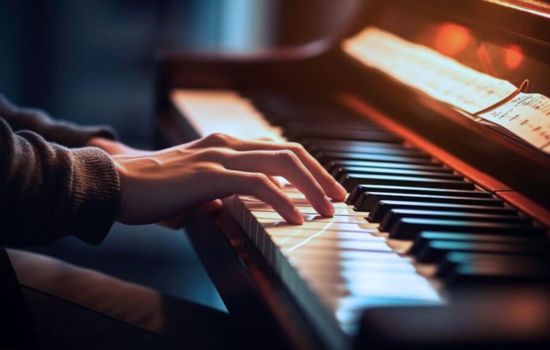
Conclusion
Three apps. Three different paths to the same destination: becoming a pianist.
Skoove for structure and depth. Yousician for gamified motivation. Simply Piano for simplicity and fast results.
None are perfect. They are all effective. The best app is the one you will actually use consistently.
I have seen incredible transformations. 60-year-olds playing pieces they thought were impossible. Young professionals releasing stress after working with music. Parents connecting with their children through shared lessons.
Technology does not replace the magic of music. It democratizes it. It makes it accessible. It removes the artificial barriers that kept people away from keyboards for too long.
Your grandmother playing piano in the living room. Your favorite artist on stage. That friend who always impresses at meetings. They all started in the same place: the first note.
The difference between them and someone who only dreams of playing is simple. They started. They practiced. They persisted.
The tools were never better than now. Knowledge was never more accessible. The cost was never lower.
The only thing missing is you making the decision.
Download the app. Sit in front of the keyboard. Play that first note.
It won't be perfect. It doesn't matter. It's the beginning of something beautiful.
Your musical journey begins with a single step. That step is today. That step is now.
Are you ready to play?

